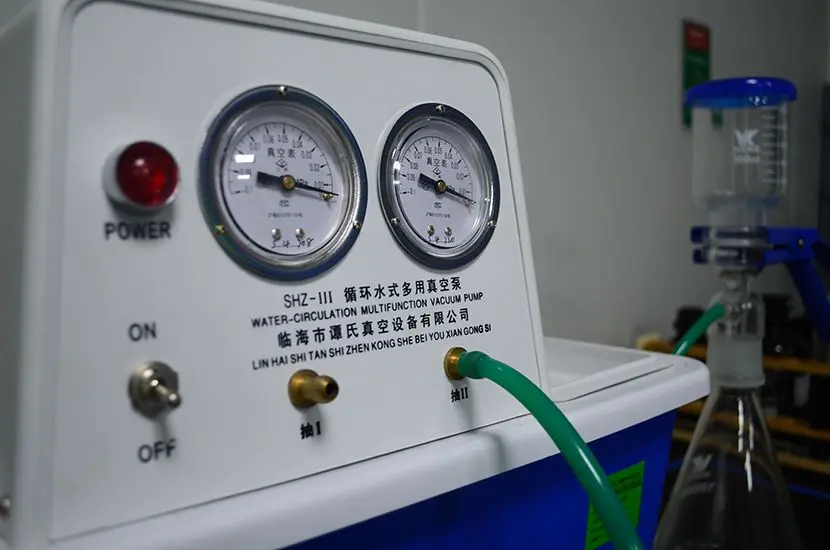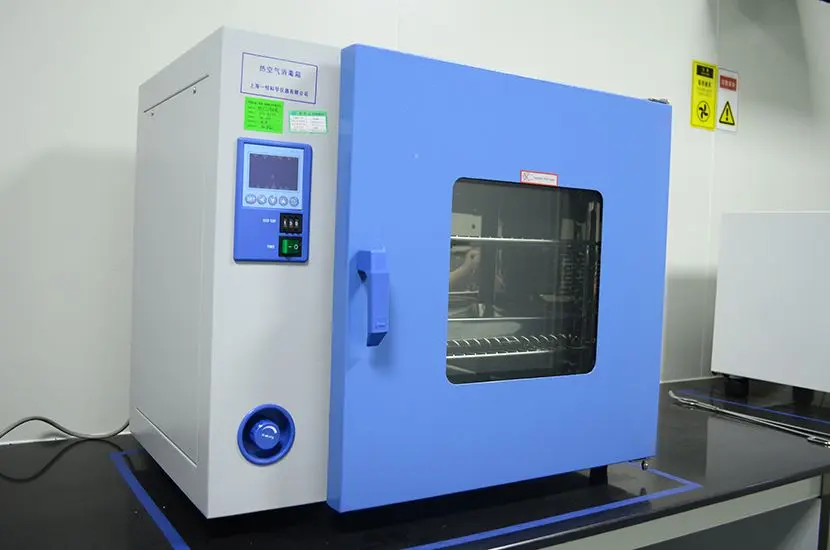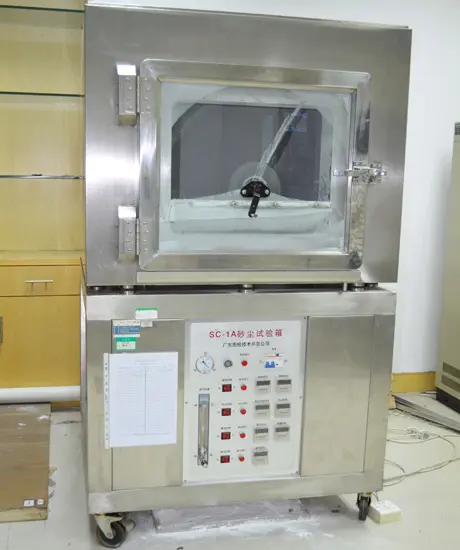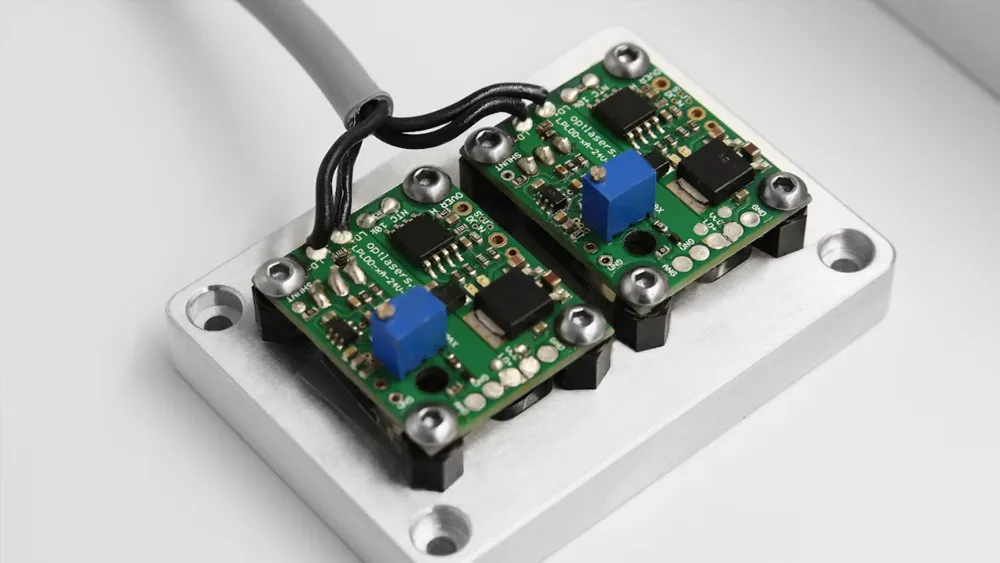
UN38.3 Battery Test Report
To ensure the safety of lithium battery air transport, the International Air Transport Association stipULates in the "Dangerous Goods Regulations" that the prerequisites for lithium battery air transport must comply with the United Nations un38.3 test requirements. China's Civil Aviation Administration also imposes strict monitoring measures on the air transport of lithium batteries, explicitly requiring each airline and airport cargo receiving department to rigorously review the un38.3 test reports for each model of lithium battery. Failure to submit a qualified test report will result in a ban on air transport by civil aviation.

Types of Tested and Certified Batteries
- Various lead-acid batteries: including automotive starting lead-acid batteries, stationary lead-acid batteries, small valve-regulated sealed lead-acid batteries, etc.
- Various secondary power batteries: such as batteries for electric vehicles, batteries for electric road vehicles, batteries for electric tools, batteries for hybrid electric vehicles, etc.
- Various mobile phone batteries: including lithium-ion batteries, lithium polymer batteries, nickel-metal hydride batteries, etc.
- Various small secondary batteries: including laptop batteries, digital camera batteries, camcorder batteries, various cylindrical batteries, wireless communication batteries, portable DVD batteries, CD and MP3 player batteries, etc.
- Various disposable batteries: including alkaline zinc-manganese batteries, lithium manganese batteries, etc.

Battery un38.3 Test and Certification Items
1. Altitude Simulation Test: No leakage, no gas emission, no disintegration, no combustion, no explosion, no damage after storing for more than 6 hours at a pressure ≤11.6kPa and a temperature of 20±5℃.
2. Thermal Cycling Test: No leakage, no gas emission, no disintegration, no combustion, no explosion, no damage after subjected to high and low-temperature shock tests at 75±2℃ and -40±2℃, with storage time ≥6 hours at the extreme temperature, temperature conversion time ≤30 minutes, and 10 cycles of shock, followed by storage at room temperature (20±5℃) for 24 hours, with a total test duration of at least one week.
3. Vibration Test: No leakage, no gas emission, no disintegration, no combustion, no explosion, no damage after completing a single frequency sine vibration sweep from 7Hz to 200Hz within 15 minutes and undergoing twelve three-dimensional directional vibrations within 3 hours.
4. Impact Test: No leakage, no gas emission, no disintegration, no combustion, no explosion, no damage after three tests with an acceleration of 150gn, 6ms, or 50gn, 11ms half-sine shock in each mounting direction, totaling 18 times.
5. 55°C Short Circuit Test: No disintegration, no damage, no combustion, battery surface temperature <170°C within 6 hours under short-circuit conditions at 55±2°C with an external resistance <0.1Ω, and observation for 6 hours after the battery temperature returns to 55±2°C.
6. Impact/Collision Test: No disintegration, no damage, no combustion, battery surface temperature <170°C within 6 hours after a 9.1kg weight falls from a height of 61±2.5cm onto a battery with a 15.8mm rod, with each impact using a new specimen.
7. Overcharge Test: No disintegration, no combustion after overcharging for 24 hours at twice the maximum continuous charging current and twice the maximum charging voltage, and observation for 7 days.
8. Forced Discharge Test: No disintegration, no combustion after forced discharge at maximum discharge current for 7 days.
9. 1.2m Drop Test (After Packaging): No leakage, no disintegration, no combustion, no explosion, no damage after packaged lithium batteries are dropped from 1200mm (lowest point of the battery) to a hardwood board 18-20mm thick (with the board placed on a cement floor) from six positive and negative directions (X, Y, Z), with one drop in each direction.

Packaging Requirements
1. Unless installed in equipment (such as smartphones, cameras, walkie-talkies, laptops, etc.), batteries and original batteries must be individually packaged to prevent short circuits and placed in sturdy outer packaging.
2. Unless installed in equipment, each package containing more than 24 original batteries or 12 batteries must also meet the following requirements:
- Each package must be marked to indicate the presence of lithium batteries and the special measures to be taken in case of package damage.
- Each shipment must have accompanying documents to indicate the presence of lithium batteries in the package and the special measures to be taken in case of package damage.
- Each package must withstand a 1.2m drop test in any orientation without damaging the batteries or original batteries inside the package, without changing the position of the batteries inside, preventing contact between batteries (or original batteries) and no batteries leaking out of the package.
- If batteries are transported separately, the gross weight of each package must not exceed 10kg.
Email:hello@jjrlab.com
Write your message here and send it to us
 Canada ISED Certification RSS-247 Standard Testing
Canada ISED Certification RSS-247 Standard Testing
 What Are the Product Compliance for Amazon Austral
What Are the Product Compliance for Amazon Austral
 Australia IoT Security Compliance
Australia IoT Security Compliance
 V16 Warning Light EU EN 18031 Cybersecurity Certif
V16 Warning Light EU EN 18031 Cybersecurity Certif
 Japan IoT Security JC-STAR Certification
Japan IoT Security JC-STAR Certification
 FCC SDoC Compliance Information Statement
FCC SDoC Compliance Information Statement
 What Does FCC SDoC Certification Mean?
What Does FCC SDoC Certification Mean?
 What is Bisphenol A (BPA) Testing?
What is Bisphenol A (BPA) Testing?
Leave us a message
24-hour online customer service at any time to respond, so that you worry!




